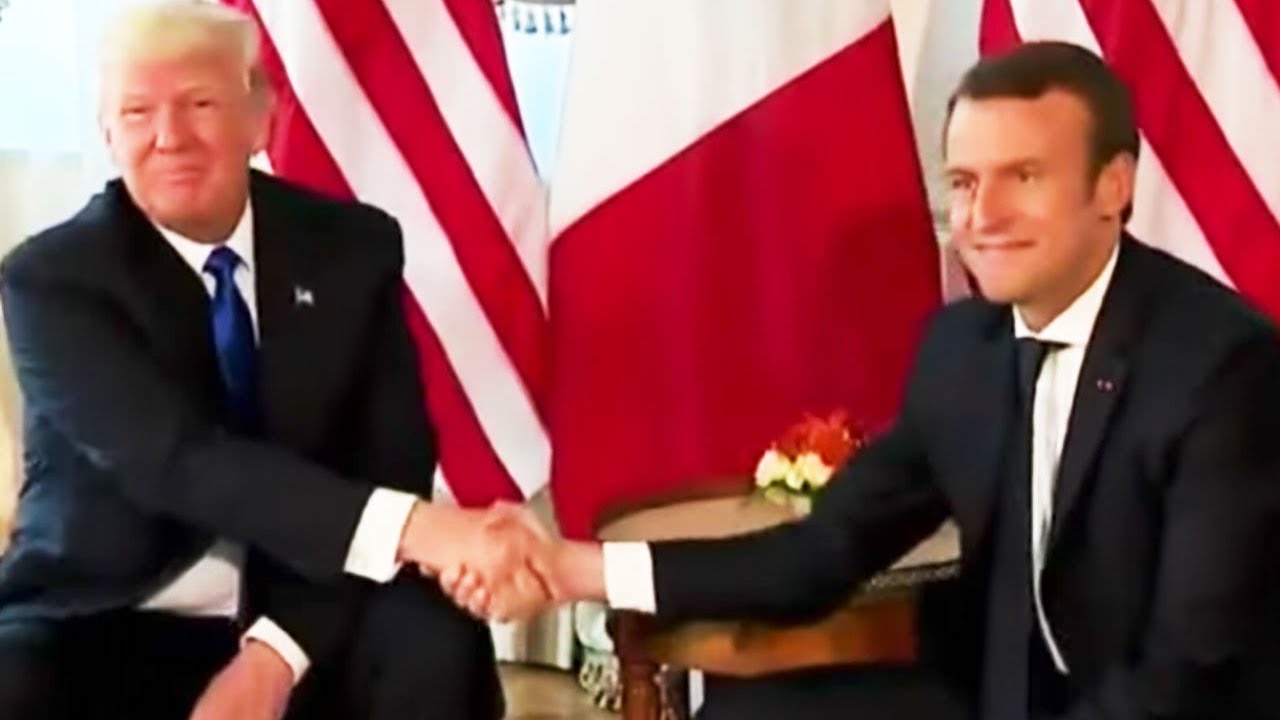
Since the election of Emmanuel Macron on 7 May 2017 the new President has moved quickly to approach the problems faced by French imperialism, which is not recovering well from the crash of 2007-08, especially compared to its major European partner, Germany. Since the introduction of the euro in 1999, the profitability of French capital has plummeted by 27% compared to Germany’s 21% rise. Investment has stagnated, leading to low productivity growth and an unemployment rate of around 10%. French imperialism also faces intensifying rivalries between imperialist blocs, expressed by Brexit, Trump, and calls for greater European integration. Macron has two main tasks: regenerating French capitalism by attacking the working class, and shoring up the future of the eurozone and France’s relationship with its major partner, Germany.
During the presidential campaign Macron promised to ‘reform’ the labour market. He will do this by decree, for reasons of ‘efficiency and speed’. The latest attacks on workers’ rights were passed by emergency decree, and they inspired large protests. On 5 June, Le Parisien revealed the contents of Macron’s proposals. They are wide-ranging attacks on workers. Permanent job contracts will be capable of ‘revising’ in ‘agreement’ with the employer. Rules governing night shifts and salary levels will also be revisable. In the situation of a union refusing to come to an agreement with management, last year’s El Khomri Law, which savaged over-time benefits and made it easier for capital to hire and fire, introduced the possibility of another union calling a ballot in the workplace over the agreement. The new code proposes extending this power to the employer.
Anticipating the kind of resistance that the Parti Socialiste government faced over the El Khomri law, Macron has announced that he will extend the State of Emergency for a sixth time. The measure was introduced in November 2015 following terror attacks. The attacks have been exploited to clampdown on workers. An Amnesty International report of 31 May found that: ‘Between November 2015 and 5 May 2017, authorities used emergency powers to issue 155 decrees prohibiting public assemblies, in addition to banning dozens of protests using ordinary French law. They also imposed 639 measures preventing specific individuals participating in public assemblies. Of these, 574 were targeted at protests against proposed labour law reforms.’
Internationally, Macron has acted in accordance with his campaign pledge of being ‘present and vigilant’, defending French imperialism. He ended his first week in office with a visit to Mali, saying that France would continue to fight Islamists in north and west Africa. He said other European nations, hinting at Germany, should ‘do more’. The French military currently has about 4,000 soldiers deployed in five countries in the Sahel, including Mali and Niger. In a meeting with Russian President Putin on 29 May, Macron said that he would ‘show no weakness’ if the Syrian government uses ‘chemical weapons’. Macron’s strongman posturing towards Russia is unsurprising given the military build-up by NATO in Eastern Europe. France helped to spearhead the economic sanctions against Russia over Crimea.
As these global divisions harden, Macron is pushing ahead with his goal of further integration of the European imperialist bloc to compete with the US. On 15 May, Merkel and Macron spoke at a joint press conference, announcing that they would both be willing to change EU treaties, allowing for greater EU integration. German Finance Minister Schäuble praised Macron’s call for the creation of a European finance minister role, pointing out that he had made similar calls in the past. As Macron seeks further integration, he has also made a point of snubbing President Trump. After Trump announced US plans to withdraw from the Paris Agreement on climate change, Macron, Merkel and Italian Prime Minister Gentiloni released a joint statement condemning the move, reaffirming their commitment to the agreement.
All polls are predicting a landslide victory for Macron’s La République En Marche (REM) in the legislative elections on 11 and 18 June. Even the least favourable are indicating an absolute majority in the assembly. French people living abroad voted a week earlier than those in the country. They elect 11 representatives. REM won 10 out of 11. Most had a turnout lower than 25%, meaning that a second round will have to be held on 17 and 18 June. In the 11th constituency, which covers French people living in Asia and Russia, for example, an abstention rate of more than 70% means that the REM candidate, Thierry Mariani, will have to stand again in a second round despite a comfortable majority vote of 54.11%. These indicators point to the same conclusions as the polls. An unnamed ex-ministerial adviser is quoted in Libération: ‘For the first time in the history of the 5th Republic [since 1958], we will have an assembly nominated by the President.’ After 18 June, Macron may no longer need to govern by decree, if he can maintain discipline in the legislature. For the time being, French imperialism has found a safe pair of hands.
Séamus Padraic
Fight Racism! Fight Imperialism! 258 June/July 2017




